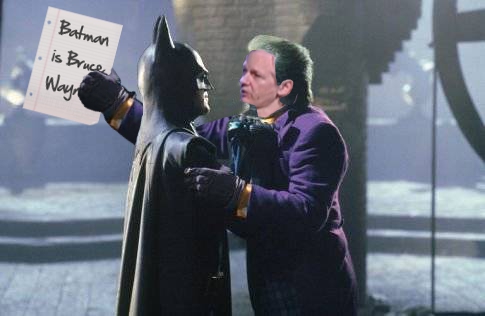
Let's see what's been going on in the world since I went on holiday....
I do have to say that I like almost everything Julian Assange is doing with Wikileaks! Governments reflexively and needlessly classify vast amounts of information that belongs in the public sphere if the public is to have any realistic chance of holding their governments to account, or for governments to act efficiently. Talk about waste in government! THIS is where the waste is!
There is now a concerted campaign in action to blame Wikileaks for causing 1,300 deaths in Kenya, as well as deaths in Afghanistan. Some of this is exaggerated. Interestingly, Assange seems to be cooperating with this campaign, because it makes him seem more powerful than he really is. At least with regards to Kenya, there were long-standing tribal tensions that were more to blame for the violence than anything Wikileaks did. So, no one seems to have an interest in the truth in this matter.
Wartime conditions are a problem, of course, but our involvement in Afghanistan has long since evolved from a war against Al Qaeda to society- building for which we are particularly unsuited. We no longer have much real interest in being there at all (almost no Al Qaeda left), but we are more-deeply involved than ever (and why, I ask?) If Assange's revelations help us get out sooner, so much the better.
This link explains more about the Afghanistan and Kenyan things:
"If there are innocent Afghans being revealed, which was our concern, which was why we kept back 15,000 files, then of course we take that seriously."
But what if it's too late?
"Well, we will review our procedures."
Too late for the individuals, I say. Dead.
"Well, anything might happen but nothing has happened. And we are not about to leave the field of doing good simply because harm might happen … In our four-year publishing history no one has ever come to physical harm that we are aware of or that anyone has alleged. On the other hand, we have changed governments and constitutions and had tremendous positive outcomes."
If Afghan informers are at risk, he says, the fault lies squarely with the US military. "We are appalled that the US military was so lackadaisical with its Afghan sources. Just appalled. We are a source protection organisation that specialises in protecting sources, and have a perfect record from our activities.
"This material was available to every soldier and contractor in Afghanistan …It's the US military that deserves the blame for not giving due diligence to its informers."
...When I try to question him about the morality of what he's done, if he worries about unleashing something that he can't control, that no one can control, he tells me the story of the Kenyan 2007 elections when a WikiLeak document "swung the election".
The leak exposed massive corruption by Daniel Arap Moi, and the Kenyan people sat up and took notice. In the ensuing elections, in which corruption became a major issue, violence swept the country. "1,300 people were eventually killed, and 350,000 were displaced. That was a result of our leak," says Assange. It's a chilling statistic, but then he states: "On the other hand, the Kenyan people had a right to that information and 40,000 children a year die of malaria in Kenya. And many more die of money being pulled out of Kenya, and as a result of the Kenyan shilling being debased."
It's the kind of moral conundrum that would unnerve most people, that made some wonder last week what the potential ramifications of the latest leak might be, but it is a subject on which Assange himself is absolutely clear: "You have to start with the truth. The truth is the only way that we can get anywhere. Because any decision-making that is based upon lies or ignorance can't lead to a good conclusion."
No comments:
Post a Comment